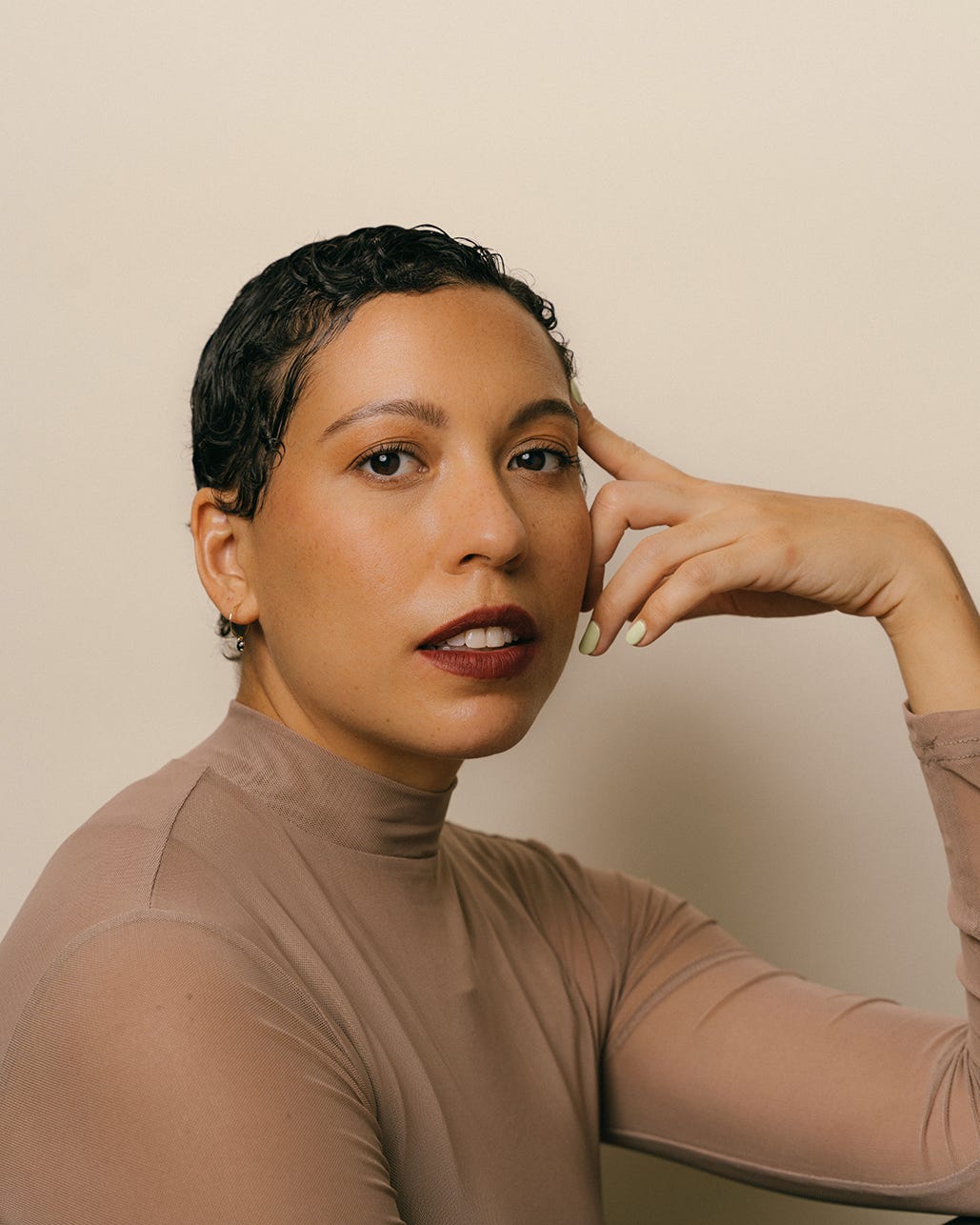Jasmine Sealy: “Let’s have difficult conversations – let’s get messy”
The author on connecting to Bajan culture, mixed identity adolescence and being whatever people want her to be
Hi, welcome back to Mixed Messages! This week I’m speaking to author Jasmine Sealy, who is of Barbadian and British heritage. Jasmine’s beautiful debut novel, The Island of Forgetting, is out on Thursday, and follows a family-owned hotel in Barbados over six decades. I was interested to hear how growing up in Barbados affected Jasmine’s sense of self – …



